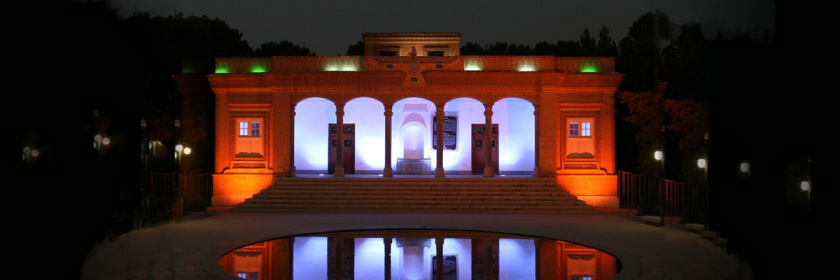Zoroaster was the first (known) philosopher. We know few details of him with accuracy: he lived approximately 3,000 years ago – give or take a few centuries – and we know he lived somewhere near northeastern Iran or Afghanistan. He was also known as Zarathushtra Spitama or Ashu Zarathushtra, and was perhaps the first spiritual leader to teach dualism, deism, or monotheism – belief in one God, and in the black and white idea that we have the free will to choose between good and evil. He is considered an ancient Iranian prophet whose teachings eventually developed into Zoroastrianism and became the dominant religion in Ancient Persia.
I found this article (below) at the opentheword blog, by smcintos.

“About three thousand years ago, probably in the times of David and Solomon in the Bible, a man named Zoroaster or Zarathustra began preaching about one God, and one great force of evil in the world.
His home was probably near Afghanistan and his teaching came to dominate all Iranian people, from northern India to Greece… Information about times and places is mostly lost, but scholars agree that someone tried to turn people to God, in central Asia, many centuries ago.
According to Tabari, a Sunni Muslim who lived about a thousand years ago, Zoroaster the ancient prophet of Iran was from Israel and a disciple of Jeremiah, or he travelled with a Hebrew prophet. We know the Persians were often kind to Israel and their temple in Jerusalem.
Kings of Persia (Iran) ordered the rebuilding of the temple of Jerusalem:
“Lord moved the heart of Cyrus king of Persia to make a proclamation throughout his realm and also to put it in writing: “This is what Cyrus king of Persia says: “The Lord, the God of heaven, has given me all the kingdoms of the earth and he has appointed me to build a temple for him at Jerusalem in Judah.”” (Ezra 1:1 and 2) … [and King Darius later added] so that they may offer sacrifices pleasing to the God of heaven and pray for the well-being of the king and his sons. “ (Ezra 6:10)
Daniel and his friends, and Nehemiah were senior officials close to Persian kings, and Esther was a devout Jewish woman and also the Queen of Persia.
When Jesus was born, wise men, known as Magi, travelled from the east to find the baby Jesus. In their homeland, God spoke to them and they listened and obeyed, at great personal risk and cost; and when they found Jesus, they worshipped him. Magi were followers of Zoroaster.
Later, the Persians opposed the Roman Christians, as they opposed the Romans, but they accepted eastern Christians in countries under their influence like Armenia and Georgia.
So what happened to the ancient religion of Zoroaster? It was mostly conquered by Islam and forced to assimilate. A remnant remains, mostly in Iran and India, and the community is progressive and prosperous in India, with many leading scientists and industrial leaders. Tata Group is emerging as one of the leading industrial companies in the world, based in India and founded by a Zoroastrian family.
Another branch is the Yazidis who are being persecuted by ISIS in Iraq. Also, Iranians who were converted by their Muslim conquerors mostly follow Shiite Islam and stubbornly remain different from the Sunni majority. The terrible violence in Syria and Iraq and Yemen is mostly Shiite versus Sunni.
Some Shiite groups revere Zoroaster as a prophet of God, as does the Bahai faith that emerged from Iranian Islam. Today there are reports of growing interest in Zoroaster and Christianity among Iranians and Kurds, who are ethnic Iranians. The explosive growth of Christian communities is a concern for the Islamic Republic of Iran. The seeds keep sprouting.
So who is Zoroaster? We might never know the details because his legacy has been suppressed for centuries. I am convinced that many centuries ago, someone tried to turn central Asia to God and I believe the work of God cannot be undone.
If you believe in spiritual forces, that may explain the growing restlessness in Turkey, Syria, Iraq, Iran, Afghanistan and the region. Civil wars and millions of refugees show a great restlessness. I have met people from those regions, in my work and in Christian churches in Canada, and my impression is that they have a sense of longing, in spiritual things. God will feed their hunger.”
even more at the full original article cited above
